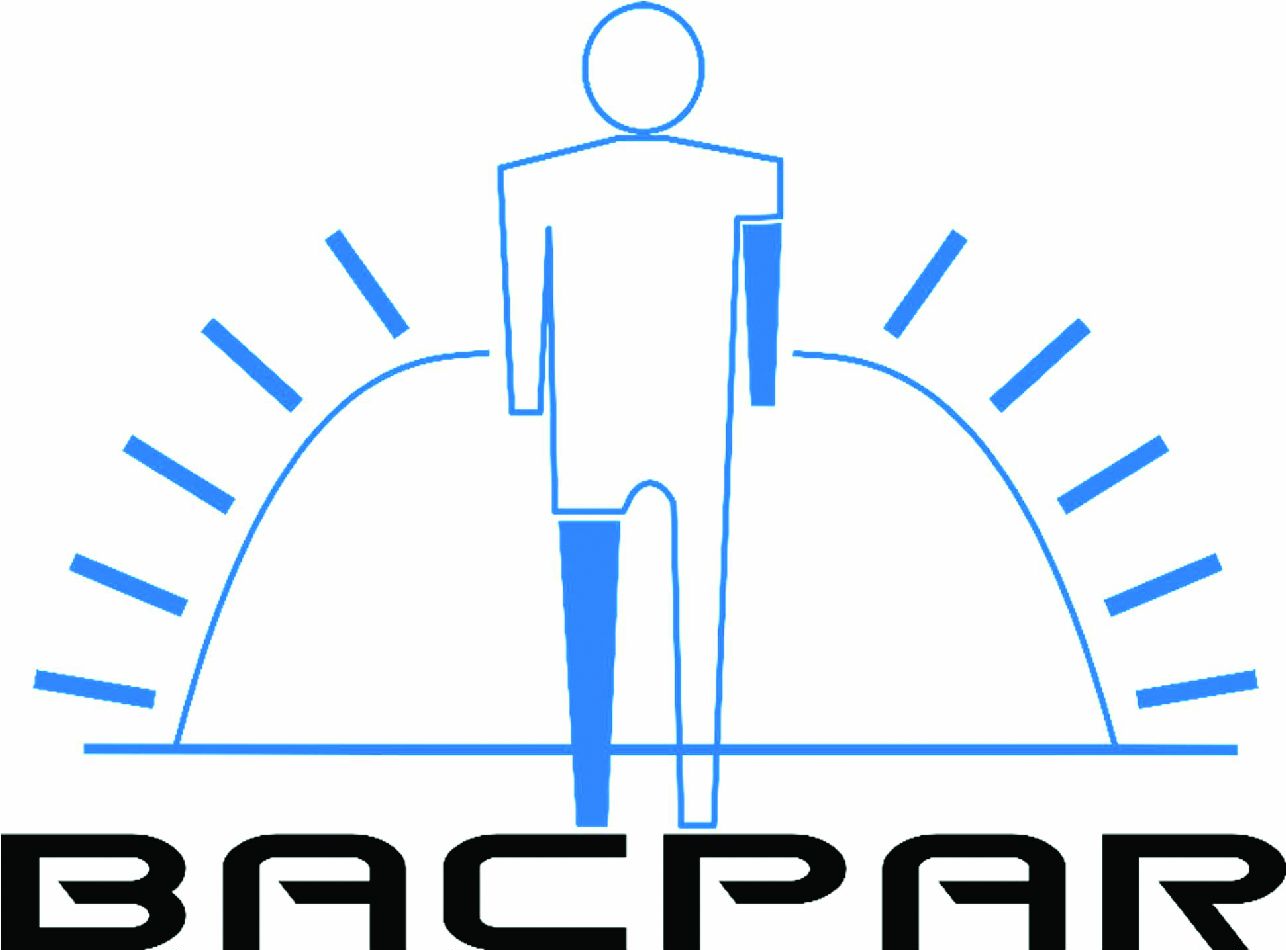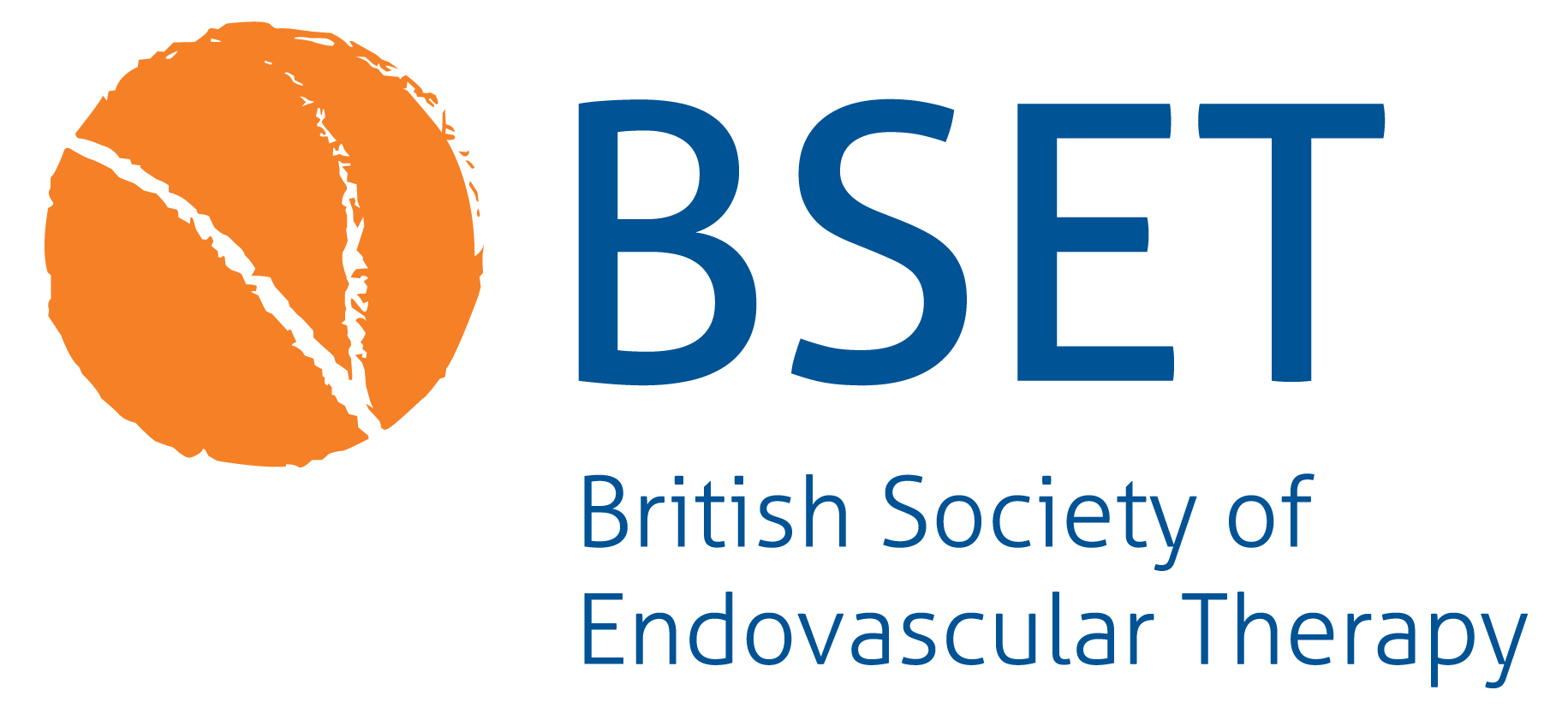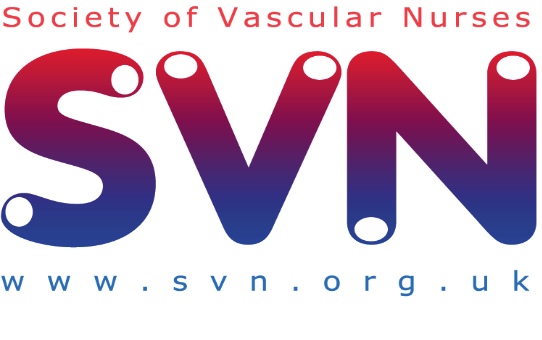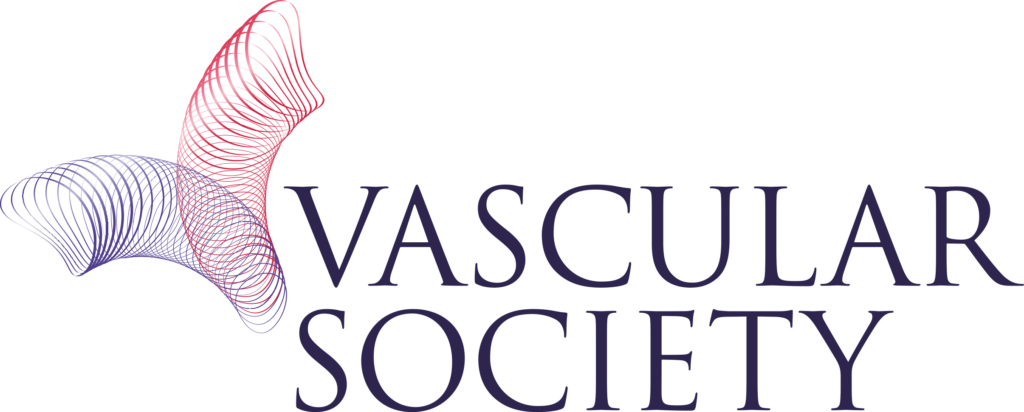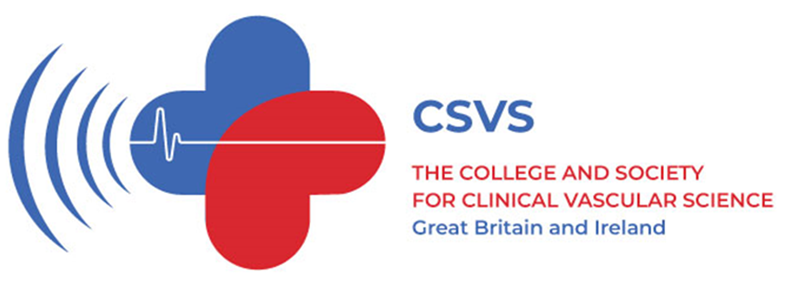EDITORIALS
Mentorship in practice: What to expect and how to build a successful mentoring relationship
Long J,1 Haddock-Millar J,2 Popplewell M,3,4 Egun A5
Introduction
Following the first editorial in the August issue of JVSGBI,1 which outlined the value of structured mentorship in vascular surgery, this second editorial highlights what participants can expect from a mentorship programme and the core principles of starting an effective mentoring relationship, using the VSGBI mentorship programme as an example.
Mentorship programme structure
The design of the mentorship programme should balance structure with flexibility, providing a supportive framework that guides mentoring relationships without being prescriptive. The aim is to allow mentor and mentee to develop a partnership that reflects their individual needs, goals and aspirations.
Matching and Development Day: Mentors and mentees should be matched based on interests and goals. An in-person Development Day led by mentorship experts facilitates description of the process outline and introduces reflective practice, communication skills, boundaries and core mentoring principles.
Ongoing meetings and support: Pairs are encouraged to commit a minimum of 6 hours over 12 months, with additional informal contact as needed. VSGBI will also conduct checkpoints throughout to help maintain momentum.
Programme evaluation: Feedback is essential to identify and overcome barriers. Evaluation is planned for the VSGBI mentorship programme at three key stages: a post-matching check-in to confirm initial meetings have taken place and clarify any further support requirements; a midpoint survey at 5–6 months to assess progress and impact; and a final survey at 12 months on completion to evaluate overall value, outcomes and impact, to help inform next steps.
Establishing trust and building rapport
Trust is the foundation of any mentoring relationship. Early conversations should focus on getting to know one another, exploring backgrounds and motivations and agreeing communication preferences and boundaries. The NIHR Mentorship Scheme2 highlights that early rapport is critical for open, honest and constructive dialogue.
The Development Day plays a key role in helping pairs establish rapport. Mentees are then encouraged to take ownership by arranging the first meeting. Many pairs benefit from creating a short mentoring agreement covering expectations, confidentiality, meeting format and practical arrangements. Taking brief notes after each session helps track learning and progress.
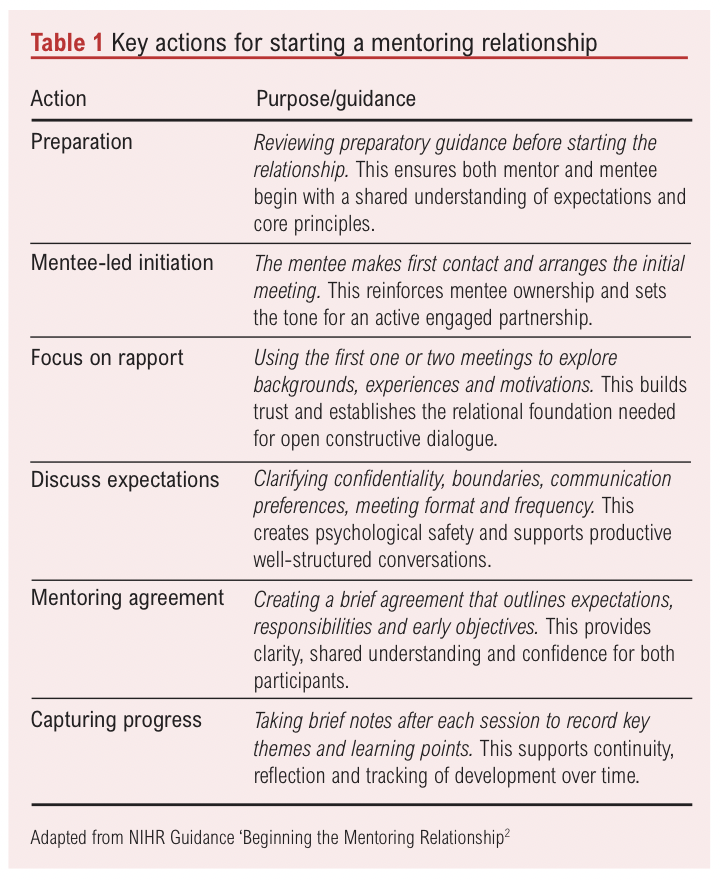
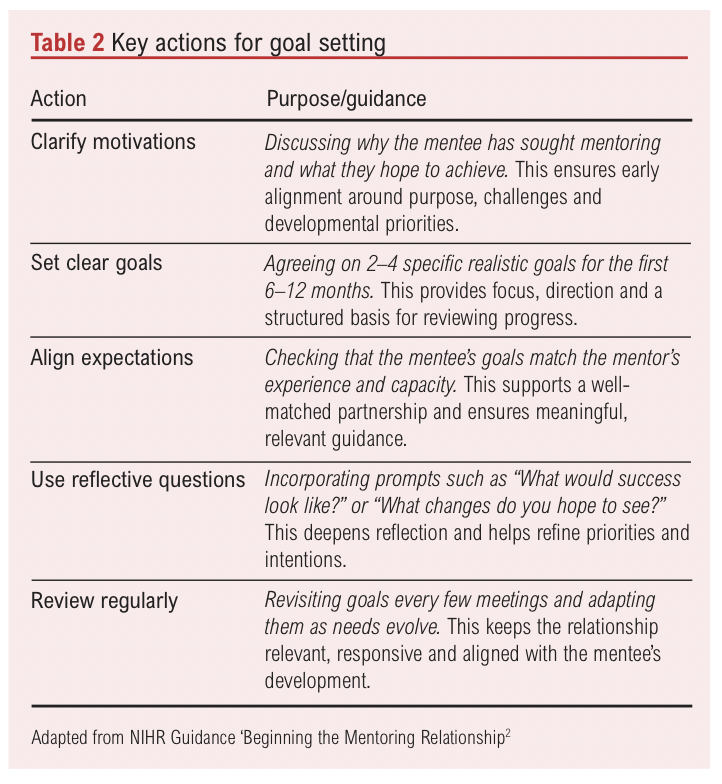
Setting direction and agreeing goals
Once rapport and trust are established, mentoring pairs should focus on setting a clear direction for their relationship. Early conversations provide an opportunity to explore the mentee’s motivations, whether developing leadership skills, navigating complex clinical decisions, building confidence, supporting wellbeing or planning career progression. Clarifying these aims helps ensure both parties are aligned and that the mentor’s experience can be applied most effectively.
From these discussions, the pair can agree on a small number of realistic goals to guide the first 6–12 months. These goals provide focus for future meetings and a framework to track progress. Importantly, goals are not static and revisiting them periodically allows the relationship to adapt to the mentee’s evolving needs and priorities.
Reflection is central throughout the process. Considering what is working well, identifying challenges and defining what success looks like helps both mentor and mentee shape a purposeful, dynamic and impactful partnership.
Launching a meaningful mentoring journey
Effective mentorship begins with trust, rapport and clear goals. By investing in the early stages of the relationship and engaging fully in the process, mentoring pairs can create productive goal-focused partnerships.
As the first VSGBI mentorship cohort begins their mentoring journey, the programme represents an investment in strong productive partnerships that offer both guidance and professional growth. We look forward to seeing how these mentor–mentee pairs develop and make the most of the opportunities ahead.
Article DOI:
Journal Reference:
J.Vasc.Soc.G.B.Irel. 2025;5(1):2-3
Publication date:
November 25, 2025
Author Affiliations:
1. Hull University Teaching Hospitals NHS Trust
2. Department of Strategy, Leadership and Organisations, Business School, Middlesex University London, London, UK.
3. Consultant Vascular Surgeon, Department of Vascular Surgery, Black Country Vascular Network, Dudley, UK
4. Department of Applied Health Sciences, University of Birmingham, UK.
5. Department of Vascular Surgery, Lancashire Teaching Hospital NHS Foundation Trust, Preston, UK and Chairperson Workforce Committee, VSGBI
Corresponding author:
Judith Long
Research Project Manager, Academic Vascular Surgical Unit, Hull University Teaching Hospitals NHS Trust, Hull, HU3 2JZ, UK
Email: [email protected]

